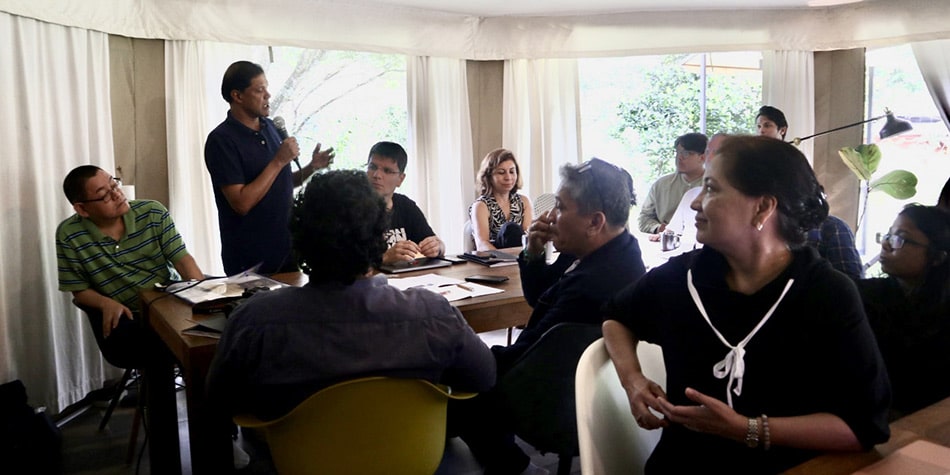Trinidad and Tobago narrowly avoids resumption of executions
Caribbean
Prime Minister Kamla Persad-Bissessar introduced the Constitutional (Amendment) (Capital Offences) Bill, 2011 claiming that if enacted, it would reduce the number of violent crimes in the country. The defeated bill sought to place limits on the time an appellant has to finalise his or her appeal.
There were 29 votes in its favour and 11 against, falling two votes short of the three-fourths majority (31) required to pass it. The bill can be reintroduced into the House of Representatives in six months’ time.
A report on a survey conducted by the Death Penalty Project and the Rights Advocacy Project of the University of the West Indies Faculty of Law showed that there is a high level of general support for the death penalty but only 35% of Trinidadians support the death penalty when there is a possibility of killing an innocent person.
Based on these findings the report concluded, inter alia, that “legal reforms that would weaken the protection of the innocent would be likely to lessen the support for the death penalty by a large percentage.”
The bill has attracted a lot of international attention, including from the World Coalition and its member Amnesty International who have petitioned the Government to remove the bill and the opposition to vote against it.
Clause 5 – undermining UN Safeguards
The defeated bill aimed to amend the constitution to counter a 1993 ruling by the Privy Council – Trinidad and Tobago’s highest court of appeal in criminal cases. The ruling held that an individual that has been on death row for more than five years cannot be executed. In these cases the death sentence is commuted to a prison term.
This Privy Council ruling and others like it have raised the level of protection for those facing the death penalty and essentially put an end to executions on the islands, with the last execution taking place in 1999.
Clause 5 of the bill however, aimed to circumvent this ruling by imposing constitutional time-limits on the appeals of those sentenced to death. An execution would be permitted to proceed even if “the appeal, communication or consultation has not been concluded.”
This clause undermines Trinidad and Tobago’s international commitments under the International Covenant on Civil and Political Rights (ICCPR) and the UN safeguards guaranteeing protection of the rights of those facing the death penalty (UN safeguards).
Most obviously, clause 5 undermines Safeguard 8 of the UN safeguards which states that “Capital punishment shall not be carried out pending any appeal or other recourse procedure or other proceeding relating to pardon or commutation of the sentence.”
Mandatory death penalty
The bill also sought to reinforce Trinidad and Tobago’s mandatory death penalty for “murder 1” which includes the killing of a member of the security force, a prison officer, and a judicial or legal officer acting in the performance of his duties; the murder of a witness or a juror, murders committed by a bomb, and contract murders.
The mandatory death penalty constitutes a breach of the ICCPR and the UN safeguards, as it does not allow for mitigating factors which may render an offence below the “most serious crimes” threshold. A person could therefore be “arbitrarily deprived of his life”.
Support for the mandatory death penalty in the country is very low. According to the report by the Death Penalty Project and the Rights Advocacy Project, only 26% of the population supports the mandatory death penalty.
It also showed that among those that support the death penalty, a mere 1.3% put general deterrence as their primary reason.






